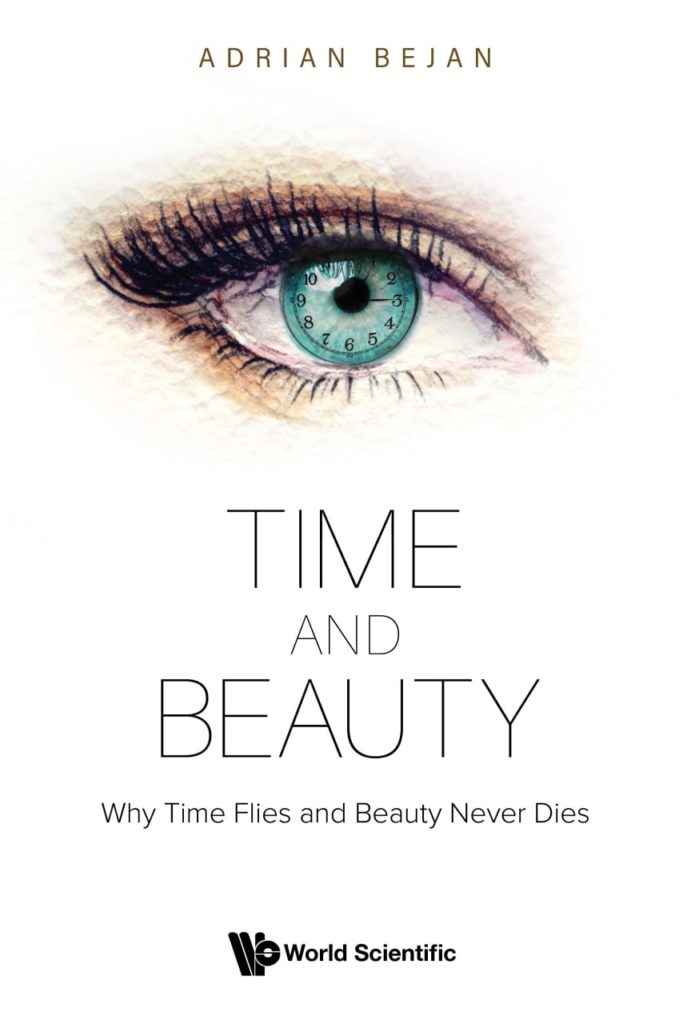
In this episode, we are hosting Adrian Bejan of Duke University, one of the most influential scientists worldwide, specializing in thermodynamics, heat transfer, convection, design, and evolution in nature, on his latest book, Time and Beauty: Why Time Flies and Beauty Never Dies. Dr. Bejan shares with us his insightful approach to time, beauty, design and nature and explains his interdisciplinary understanding of the concepts generally assumed to be subjects of exclusive disciplines.
Adrian Bejan

Adrian Bejan received all his degrees from the Massachusetts Institute of Technology: B.S. (1971, Honors Course), M.S. (1972, Honors Course), and Ph.D. (1975). He is the J.A. Jones Distinguished Professor at Duke University.
Professor Bejan is the author of 30 books and 700 peer-refereed journal articles. His h index is 105, with a total of 83,000 citations on Google Scholar. He received significant international awards for thermal sciences.
He was awarded 18 honorary doctorates from universities in 11 countries. He is a member of the Academy of Europe and Mexico, Turkey, Romania, and Moldova national academies. He is also an Honorary Member of the American Society of Mechanical Engineers (ASME).
Adrian Bejan was awarded the 2018 Benjamin Franklin Medal:
“For his pioneering interdisciplinary contributions in thermodynamics and convection heat transfer and for constructal theory, which predicts natural design and its evolution in engineering, scientific, and social systems.”
Bibliography & Further Readings
Bejan, Adrian. Time And Beauty: Why Time Flies And Beauty Never Dies (New Jerseys: World Scientific, 2022).

Host

Hasan Umut
Hasan Umut received his bachelor’s degree in Industrial Engineering from Boğaziçi University. He completed his master’s degree in History at Istanbul Bilgi University, defending his thesis titled “Ismail Gelenbevi at the Engineering School: The Ottoman Experience of European Science through Logarithms.” In 2020, he completed his graduate studies at the Institute of Islamic Studies at McGill University, where he defended his thesis titled “Theoretical Astronomy in the Early Modern Ottoman Empire: ʿAlī al-Qūshjī’s Risālat al-Fatḥiyya.” He completed his Ph.D. at the Institute of Islamic Studies at McGill University in 2020. His research interests include history of astronomy, science in Islamic and Ottoman societies, Islamic intellectual history, scientific instruments, and writing culture.





